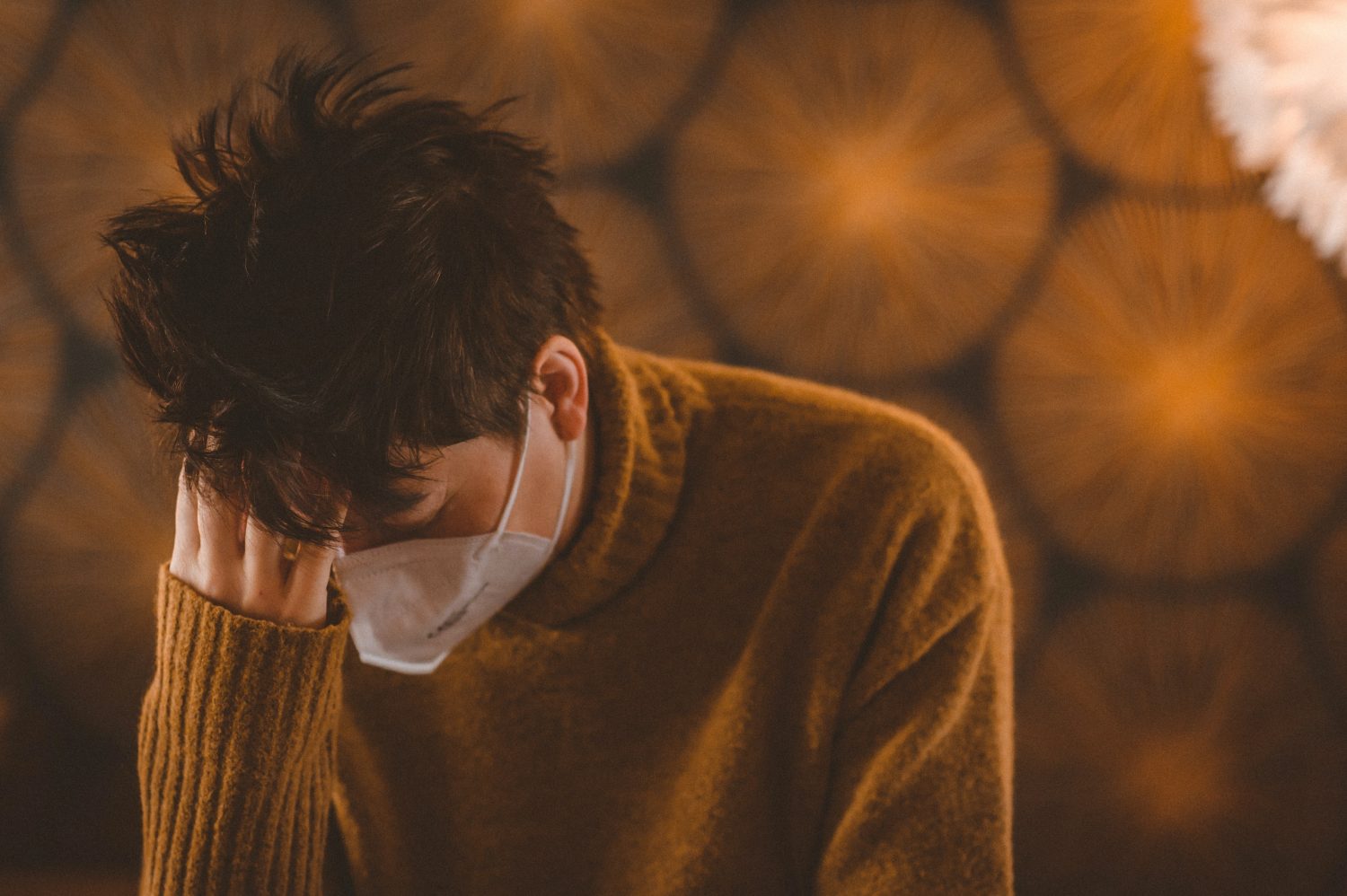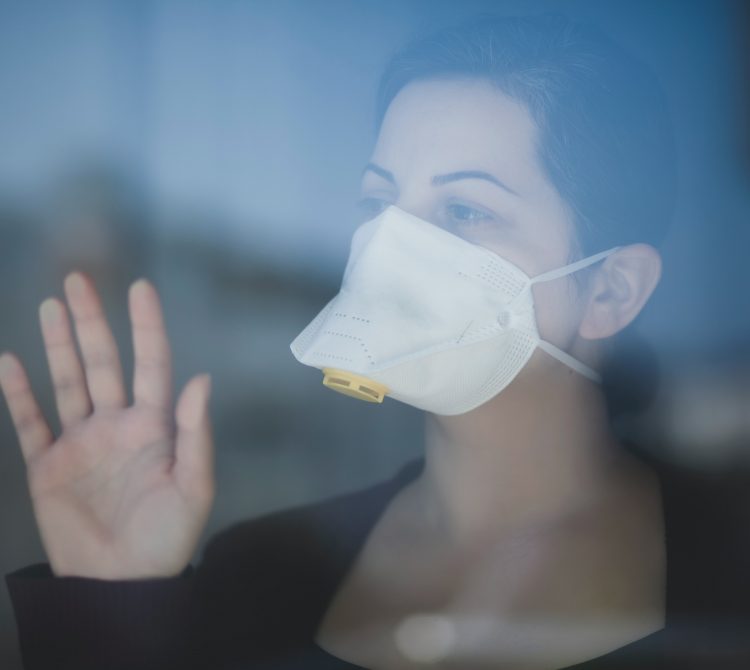
Pandemic’s Silent Impact on Mental States
Subtle Affects of COVID-19 on Mental Health
It’s been well documented the suffering that’s has been brought about by the COVID-19 pandemic in Australia.
Businesses are struggling and many people are out of work. Family dysfunction and domestic violence is exacerbated.
The socially isolated are cut off from connections. Families are under pressure to meet work and schooling demands in the household. And, people face significant financial hardship with no end in sight.
Such COVID-19 related struggles unsurprisingly affect mental health. People who already have an existing mental health concern are particularly vulnerable, as they’re deprived of their usual coping strategies of social connection and exercise.
This recent second round of Stage 3 Lockdown in Melbourne meant telephone support service, Lifeline, received a 20% influx from local callers this past week¹.
With individuals livelihoods under threat, it’s not surprising people are struggling with their mental health.
However, it’s not just the major stuff (e.g. finances and social isolation) connected to the Covid pandemic that impacts mental health, there are many subtle affects caused by the Covid pandemic.
What are some of the subtle affects of COVID-19 on Mental Health?
- Vicarious trauma:
Usually vicarious trauma occurs when you observe multiple traumas in other peoples lives. For example, if you’re a paramedic or psychologist, you are susceptible to vicarious trauma via witnessing or hearing trauma events. Over time, a high volume of observed trauma has the capacity to shift ones view of the world. For example, if you hear multiple stories of sexual abuse, you may start to believe the world is an unsafe place.
The COVID-19 pandemic has meant we’re all surrounded by trauma; you observe the local coffee shop owner closing their doors, the elderly lady next door struggling with loneliness, loved ones losing their jobs, and the list goes on… Overtime such exposure to other people’s trauma has the capacity to shift an individuals view of the world, resulting in vicarious trauma - Burnout:
Burnout occurs when you feel overwhelmed and unable to meet constant demands. It is a gradual process that occurs slowly, but leads to feelings of resentment, exhaustion, frustration and hopelessness. Unfortunately, burnout spills into every part of life – including your work, home and social life. During the COVID-19 pandemic, many of us are hit with increased demands. In particular, many people are subjected to significant work stress due to altered work expectations or difficulty working from home. As well, parents are forced to juggle home schooling with work demands. In the short term, these extra demands are somewhat sustainable, but overtime, with no respite, they have the potential to cause burnout. - Reduced self efficacy:
Self-efficacy is the belief we hold of our ability to meet challenges ahead of us and complete tasks successfully.However, overtime our self-efficacy with particular situations can erode if we don’t practise dealing with them. The COVID-19 pandemic has meant most people are forced into their “comfort zones” of their homes. This means that on a daily basis, we’re missing out on some of the challenges we typically face in our day-to-day lives. What’s perceived as a challenge varies between individuals. For example, some people may find it challenging to speak to their boss or an impressive work colleague, while others may find it challenging to converse at a dinner party. Whatever the challenge, if you’re not exposed to these situations, overtime you can lose your sense of self efficacy and confidence to deal with certain situations.

How Peaceful Mind Psychology can help you deal with the affects of COVID-19?
Experiencing a global pandemic is new to us all, including psychologists. However, our psychologists at Peaceful Mind Psychology understand the psychological impact of any major adjustment, what it’s like to experience significant loss, and how high pressure situations can erode wellbeing.
Our psychologists have been supporting people during the pandemic via both face-to-face appointments and Telehealth. During the COVID-19 crisis, we have seen a rise in people seeking help for anxiety, panic attacks, depression, relationship issues and work stress; however, our psychologists are achieving good outcomes for improving resilience.
Contact us today if you’d like to be professionally matched to a psychologist who suits your needs
Psychologists are available via telehealth or visit one of our Melbourne-based psychologists face to face, located in Hawthorn and Armadale.
